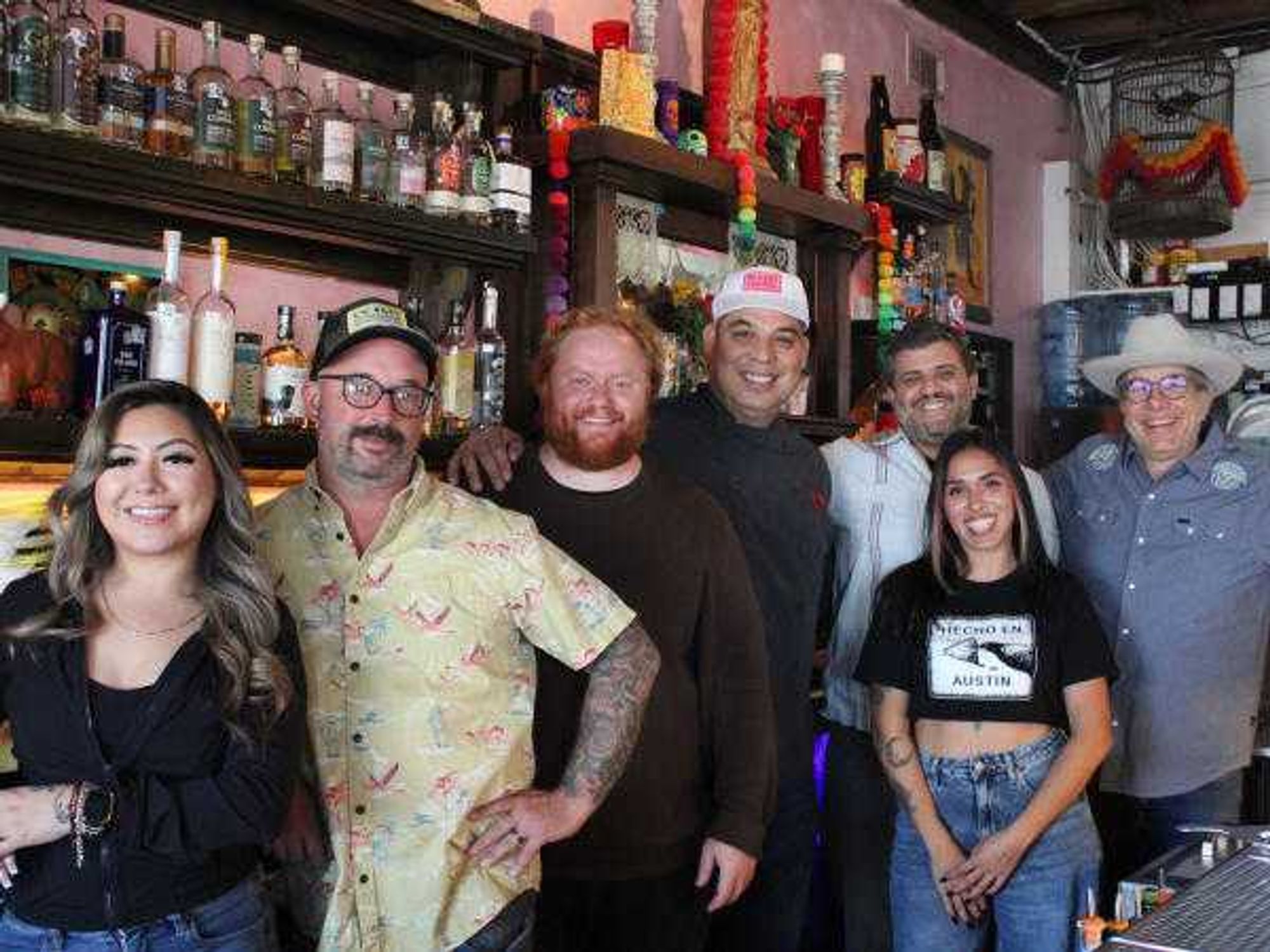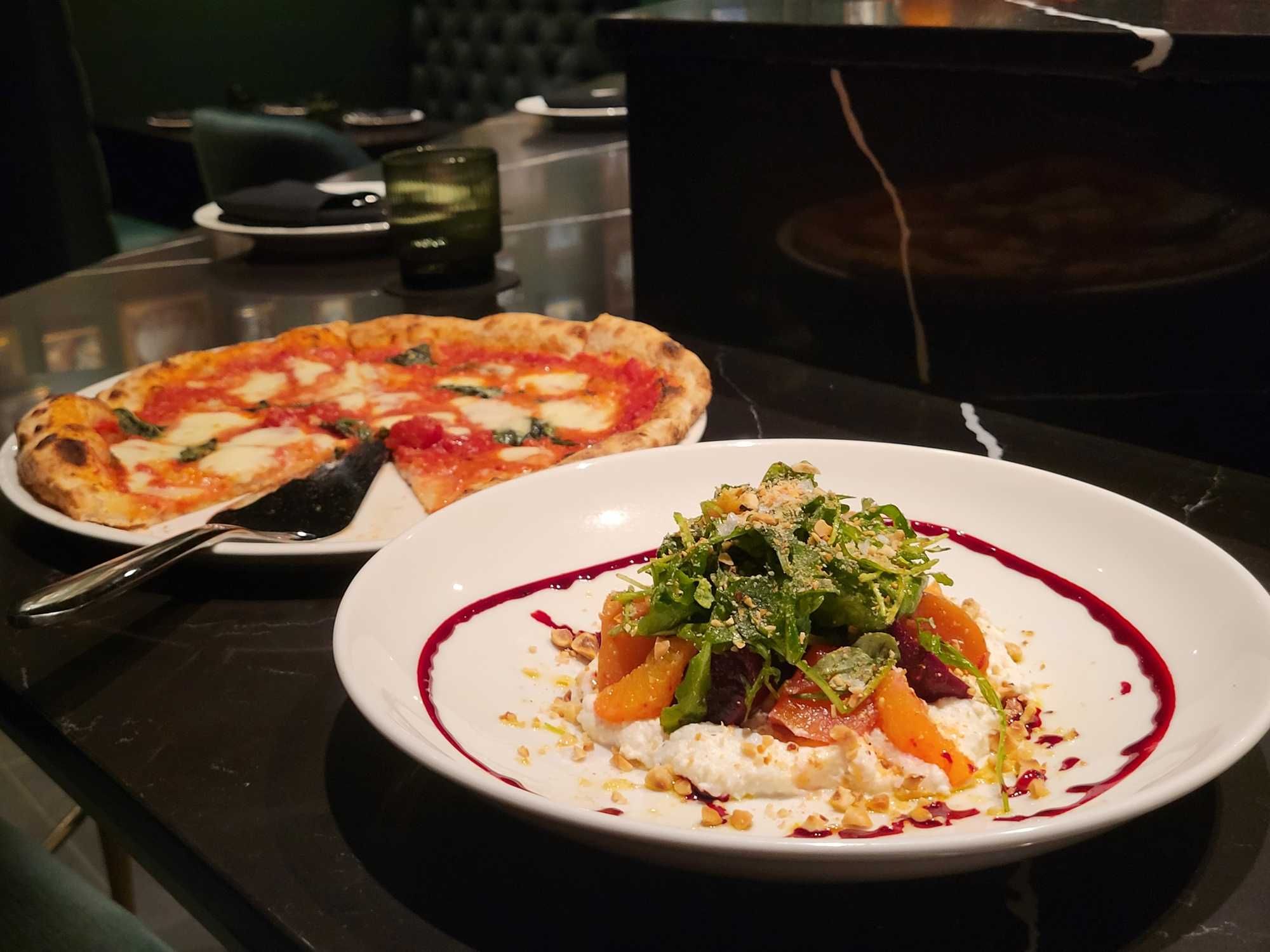MAKE AUSTIN ANTI-RACIST
$3.2 million grants seek to close racial gaps in income and wealth in Austin

A national partnership between leading financial institutions has chosen Austin among six total cities to delegate $3.2 million in grants to reduce income and wealth inequality in historically marginalized groups.
The multi-year Closing the Gaps Network initiative by Living Cities has long sought to support pathways for people of color to build wealth while working towards their overall goal of creating an anti-racist society through leadership and inclusive economic opportunities.
The grant money provided to Austin will be used in partnership with UpTogether, formerly the Family Independence Initiative, to launch a cash assistance program to help Black, Indigenous, and people of color (BIPOC) purchase homes from the city’s land trust. UpTogether will also collaborate with other community-based organizations to provide equity resources and support for local BIPOC entrepreneurs.
In a press release, Living Cities CEO Joe Scantlebury discussed the two main ways for “any group of individuals to build wealth” – homeownership and small business ownership. Creating pathways for people of color to have their own businesses should be easier in Texas, considering it is the second best state to start a small business.
“Gaps in wealth between people of color and white people persist and it will take coordinated, direct action by leaders in cities to turn back the on-going legacy of systemic racism,” he said. “We believe that removing barriers to Black, Indigenous, and other people of color owning homes and small businesses is key for our nation’s future.”
The five other cities besides Austin that will also get a share of the $3.2 million grants are Albuquerque, New Mexico, Memphis, Tennessee, Minneapolis, Minnesota, Saint Paul, Minnesota, and Rochester, New York.
The grants were made possible with support from the Wells Fargo Foundation and Citi Foundation. In the release, Wells Fargo Foundation president Otis Rolley shared the importance of “restoring financial well-being” of BIPOC through locally-focused endeavors.
“We’re excited to see how each of the selected cities customizes solutions for the needs of their community as they work to close the racial wealth gap,” Rolley said. “At Wells Fargo, we are committed to strengthening underserved communities and opening up more ways for people to grow generational wealth.”
More information about the grants can be found on prweb.com.

 Beet and citru salad at Moderna. Photo by Brianna Caleri
Beet and citru salad at Moderna. Photo by Brianna Caleri